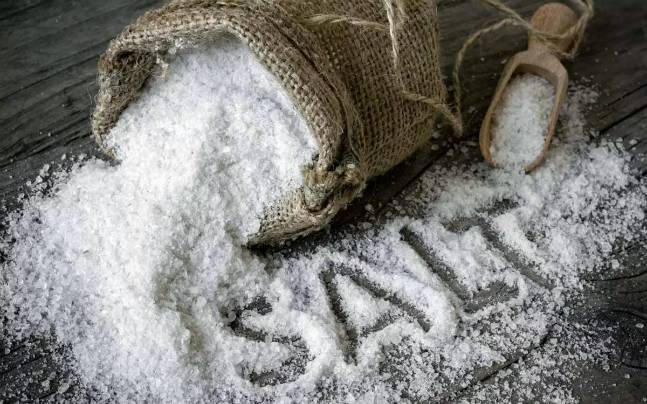Reflections & science of salt as sacred & essential element and as an image for spiritual practice: themes from Taste & See series.
Music about Salt of the Earth: Salt of the Earth by The Rolling Stones with video link: https://www.youtube.com/watch?v=eOiLH-2hTPQ Salt and Light (Gospel song) by Rebekah Wolf video with words: https://www.youtube.com/watch?v=cPq8NUR5kJ0 Salt and Light (Gospel song) by Lauren Daigle video with words: https://www.youtube.com/watch?v=AFyavoFYOxg Questions to consider: Who in your life do you consider to be ‘salt […]

